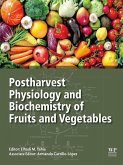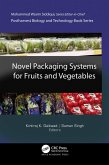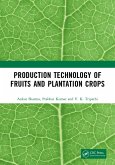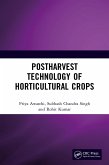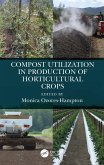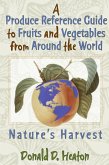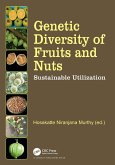Horticultural Plant Breeding is a complete and comprehensive resource for the development of new cultivars or clones of horticultural crops. It covers the basic theories that underpin plant breeding and applies Mendelian, quantitative and population inheritance practices in smaller populations where the individual plant has high value. Specific traditional breeding methods are also covered, with an emphasis on how these methods are adapted for horticultural species. In addition, the integration of biotechnologies with traditional breeding methodologies is explored, with an emphasis on specific applications for fruits, vegetables and ornamental crop species. Presented in focused sections,
Horticultural Plant Breeding addresses historical perspectives and context, and genetics as a critical foundation of plant breeding. It highlights treatments of the various components of breeding programs, such as breeding objectives, germplasm, population engineering, mating systems, enhanced selection methods, established breeding methods applicable to inbreeding and outcrossing situations, and post-breeding activities.
- Provides a complete and comprehensive resource for those involved in the development of new cultivars or clones of horticultural crops
- Guides readers to the most appropriate breeding strategy including potential integration of traditional and biotechnology strategies that will best achieve a cost-effective outcome
- Will include access to 20 narrated slide sets to facilitate additional understanding
Dieser Download kann aus rechtlichen Gründen nur mit Rechnungsadresse in A, B, BG, CY, CZ, D, DK, EW, E, FIN, F, GR, HR, H, IRL, I, LT, L, LR, M, NL, PL, P, R, S, SLO, SK ausgeliefert werden.



